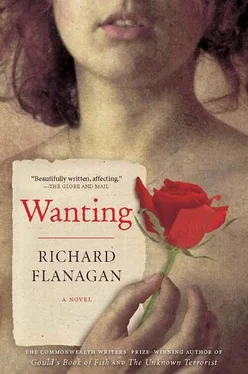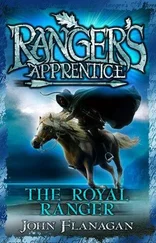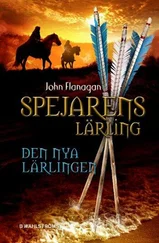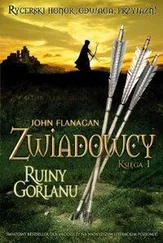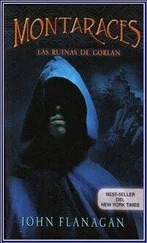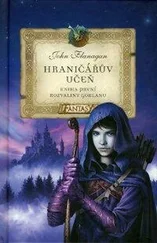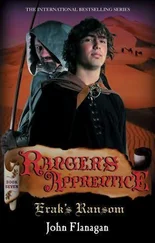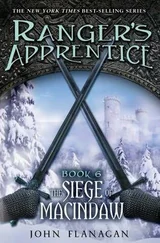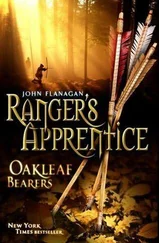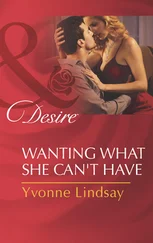‘ Such appropriate offerings to their barbarous, wide-mouthed, goggle-eyed gods ,’ he wrote, feeling rather persuaded himself now on the matter, ‘ savages have been often seen and known to make .’
Dickens was worked up now, coming in for the end, music swelling in his ears. His hatred of his long ago inability to rise above his passions somehow became the same thing as the disappointment he felt women had been to him through his life—his mother, Maria Beadnell, his wife, the periwinkles—and he thought of the womanless Sir John with a momentary envy.
‘ The noble conduct and example of such men, and of their own great leader himself, under similar circumstances ,’ he now wrote, ‘ outweighs by the weight of the whole universe the chatter of a gross handful of uncivilised people, with domesticity of blood and blubber .’
He rounded it off with the dying fall of a requiem service, a tempered oration on why the dead deserve defending and cherishing—God knew, when his time came, he would. He would burn his letters in a bonfire; it would take most of the day. He would create a real double-world stranger than any of his fictions, more convoluted than any plot. He would bind friends to his secrets. He would demand confidences be kept beyond the grave.
And he would pay the cost, immense and crippling, of his ultimate failure to discipline his own great undisciplined heart. It would be the price of his soul.
THE PROTECTOR FELT that the vice-regal inspection of Wybalenna had begun particularly well. The beach was covered with Aborigines to greet the Governor, Sir John Franklin, and his party as they landed, leaping and capering with exuberance and shouting exclamations of wild joy. It may not have been elegant or civilised, but it was not without good effect. Lady Jane Franklin was particularly taken with a small black girl dancing in a children’s corroborree staged in welcome on the brilliant white sand. The child wore a long necklace of some beauty around her neck and a large white kangaroo skin over one shoulder. She stood out not because of her simple but striking costume, nor her diminutive size, nor her big dark eyes. Rather it was a certain, indefinable attitude.
Lady Jane was unable to bear children; if pressed, she told her friends it had never been a burden, but was, in an odd way, a relief. This was untrue, but over time, like all evasions, it created its own truth. She came to avoid children, and as she grew older—she was now forty-seven—this had transformed into a general unease. There was in them something that she lacked, and which, in her heart, she found terrifying. As if the more of them, the less of her. As though she were dying in proportion to their living.
For their noise and their laughter reverberated too loudly in the empty halls of her memory. She never forgot a younger Sir John asking why she was so white, and herself unable to say anything of that small red stain, for shame and fear. She closed her book, looked up, and told him she agreed with Wordsworth after all, that the sublime was ever to be found in the solitary.
‘Is that not so?’ she had demanded, her voice breaking shards.
He agreed. He always agreed. More pregnancies ended abruptly. She made life, yet it left her. No one knew. Her life grew incommunicable. There were no death notices in The Times . No commiserations, no conversations, no wearing of black. The grief had nowhere to go but inside her. And then time ran out: her body changed. And so now, watching the little Aboriginal girl on the beach, Lady Jane was shocked to sense some intolerable weight dissolving, to feel an unnameable emotion rising.
The child was slightly out of time with the others, but Lady Jane noticed how it was in a way that drew attention to her and her dance, and it somehow seemed only to enhance her performance. Lady Jane was possessed of an overwhelming urge to touch the little girl.
‘Why, look,’ said Lady Jane, turning to her aged and corpulent husband, ‘you almost wish to hold the little wild beast and pet her.’
It was an unexpected observation for them both. She resolved not to let such feelings frighten her. For Lady Jane, what saved the child from being a child was that she was a savage, and what saved her from being a savage was that she was a child.
Presuming the Governor’s wife more interested in artefacts than individuals, the Protector explained how the child’s necklace was made out of hundreds of tiny, vivid green seashells, threaded on several yards of possum sinew, then wrapped around her neck a number of times. When he went on to say that the necklace had belonged to the child’s mother, who had passed away some years before, and the white kangaroo skin to her father, who had died only the week before, Lady Jane was all the more taken.
‘The dear little waif,’ she said.
‘Leda,’ said the Protector. ‘Her name is Leda. Seven years of age. Youngest on the island.’
‘And what eggs, Mr Robinson,’ Lady Jane smiled, ‘do you expect her to bring forth for posterity?’
‘Eggs?’ asked the Protector, slightly confused. ‘I meant the child, not a chook.’
‘You must protect her from swans,’ said Lady Jane, making small mischief.
‘I’m sorry, Ma’am,’ said the Protector, whose knowledge of classical mythology extended little beyond the names contained in his battered copy of Carswell’s Classical Names & Almanac .
‘Leda,’ said Lady Jane.
‘Yes,’ smiled the Protector. ‘A beauty in the ancient world.’
‘The ancients believed that, in order to rape the beautiful Leda, Zeus transformed into a swan.’
‘Marvellous tale, of course,’ laughed the Protector, utterly appalled by the story, by Lady Jane’s frank language and, above all, by the exposure of his own ignorance. ‘The divine ancients!’ he sighed. ‘Such stories! Mind you,’ he quickly added, as the children ran past them at the dance’s end, ‘we prefer to call her Mathinna.’
Lady Jane, who never normally touched children, reached out and took Mathinna by her arm. The child wheeled around grinning, till she saw the white woman who had caught her.
‘You dance beautifully,’ said Lady Jane.
And suddenly embarrassed by the odd spontaneity of it all, Lady Jane dropped Mathinna’s arm. The child ran off and the Protector began talking about the new cemetery they were to inspect. But the mix of spirit and tragedy in one so young intrigued Lady Jane.
Certainly her pity, when aroused, was a profound and terrible emotion. Or perhaps she simply found the idea of watching the children preferable to looking at a cemetery. For whatever reason, she insisted the children return and perform one more dance.
Watching Mathinna again, Lady Jane felt she understood the child. She imagined her grief, her needs, her dreams. Afterwards, Lady Jane set a fierce pace as they walked up the hill to the graveyard, leaving Sir John huffing and puffing some distance behind. The Protector, running back and forth between the two, although relieved to find them as one in support of his work, did notice that Lady Jane’s mind seemed elsewhere. She was thinking of Mathinna’s dancing, her slow way of moving, so distinct and so poignant.
‘One might almost say,’ she said to Sir John when he finally caught up to her at the cemetery gate, ‘her body thinks.’
Sir John’s body, on the other hand, gave no more appearance of an active intelligence than a well-tended pumpkin. Yet Lady Jane had long sensed there was within him some mechanism or spirit, some passion, waiting to be set in motion. In private she had at first called him Bear, because that was how she imagined him: a great bear in hibernation. But over a decade into their marriage, she was still waiting for him to awaken, as she fluttered moth-like around his eminence.
Читать дальше
